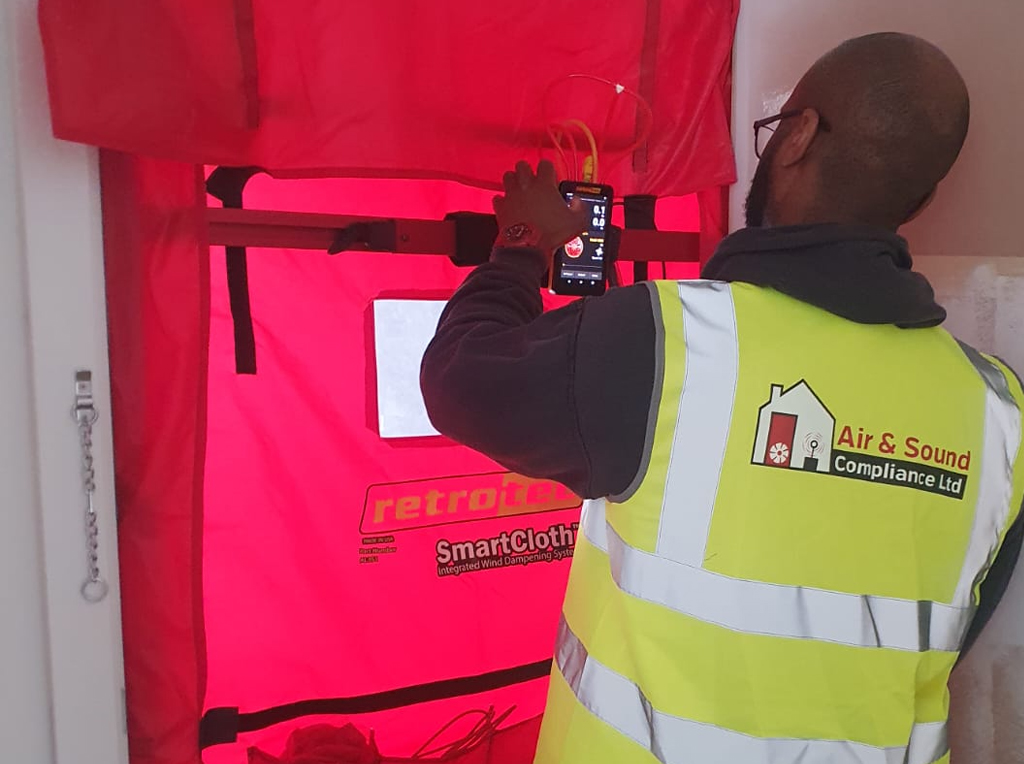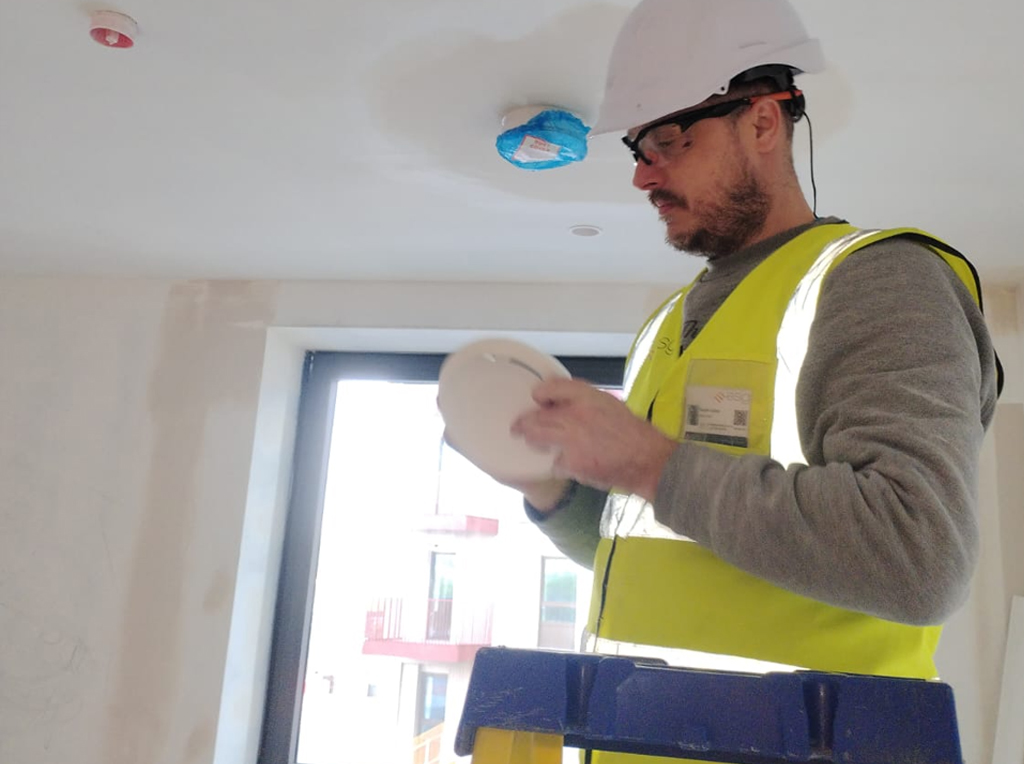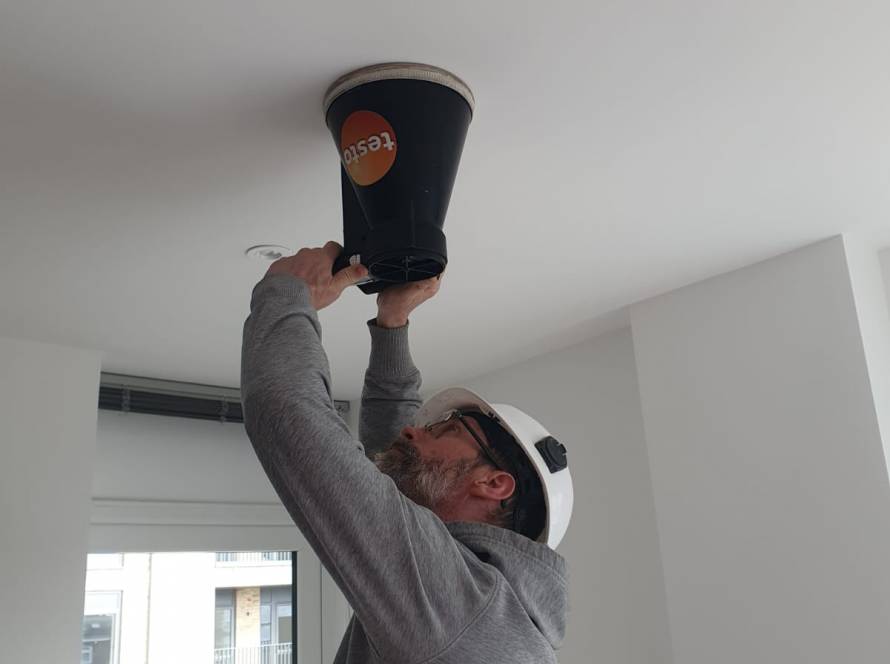The Upcoming RdSAP 10 Update: What You Need to Know
On 15 June 2025, the Reduced Data Standard Assessment Procedure (RdSAP) — the method used to generate EPCs for existing homes — will receive a significant update. The new version, known as RdSAP 10, introduces several changes that will affect landlords, letting agents, assessors, and property owners alike.
Understanding these changes is essential if you want to stay compliant, improve energy efficiency, and maximise your property’s market value in line with future regulations.
What Is RdSAP?
RdSAP (Reduced Data Standard Assessment Procedure) is the simplified version of SAP, used for assessing the energy performance of existing dwellings. While SAP is used for new builds, RdSAP powers EPCs for millions of properties across the UK housing market.
What’s New in RdSAP 10?
The upcoming RdSAP 10 update, launching on 15 June 2025, marks the first major revision since 2012. Here are some of the most impactful changes:
1. Measured Air Tightness Testing Can Now Be Included
In previous versions, air tightness was estimated using assumed values based on construction age. RdSAP 10 now allows you to input actual air leakage test results. This could mean an EPC rating increase of 1–3 points simply by conducting a test — no renovations required.


2. More Detailed Data Inputs
Assessors can now enter specific data on PV diverters, floor insulation, secondary heating controls, and heating system efficiencies. This results in more accurate assessments and fairer EPC ratings.
3. Construction and Building Fabric Have Greater Influence
The new method places greater emphasis on insulation, airtightness, and other fabric improvements. Properties with documented upgrades will score higher — assuming the evidence is available.
4. More Accurate Heating System Assessments
RdSAP 10 better reflects the actual performance of modern heating systems such as heat pumps, efficient boilers, and zoned controls — all of which could improve your EPC rating if correctly recorded.
Why Does This Matter?
The government has proposed that by December 2028, all privately rented homes must reach at least an EPC Band C. RdSAP 10 supports this transition by:
- Rewarding real, measurable upgrades to your property
- Encouraging affordable improvements like air tightness testing
- Supporting the UK’s net zero carbon goal by 2050
What Can You Do Right Now?
- Book an Air Tightness Test: Simple and cost-effective with instant impact on your EPC score.
- Document Any Upgrades: Insulation, heating, and renewable installations should be recorded with proof.
- Work with Qualified Assessors: Make sure they’re trained in the new RdSAP 10 methodology.
- Get Ahead of 2028: Acting now gives you more time and access to lower-cost solutions.
Improving your EPC rating could increase your home’s value by up to 20% – Knight Frank, Oliver Knight
Looking Ahead
RdSAP 10 is a long-awaited step forward that brings EPCs closer to real-life energy performance. If you’re a landlord or property owner, now is the perfect time to act. Booking an air tightness test or updating your property’s records could give you a significant advantage ahead of the upcoming changes.
Need help navigating RdSAP 10 or improving your EPC rating? Get in touch with us to learn how we can support you with expert testing, compliance advice, and retrofit planning.
Lorem ipsum dolor sit amet, consectetur adipiscing elit. Ut elit tellus, luctus nec ullamcorper mattis, pulvinar dapibus leo.

